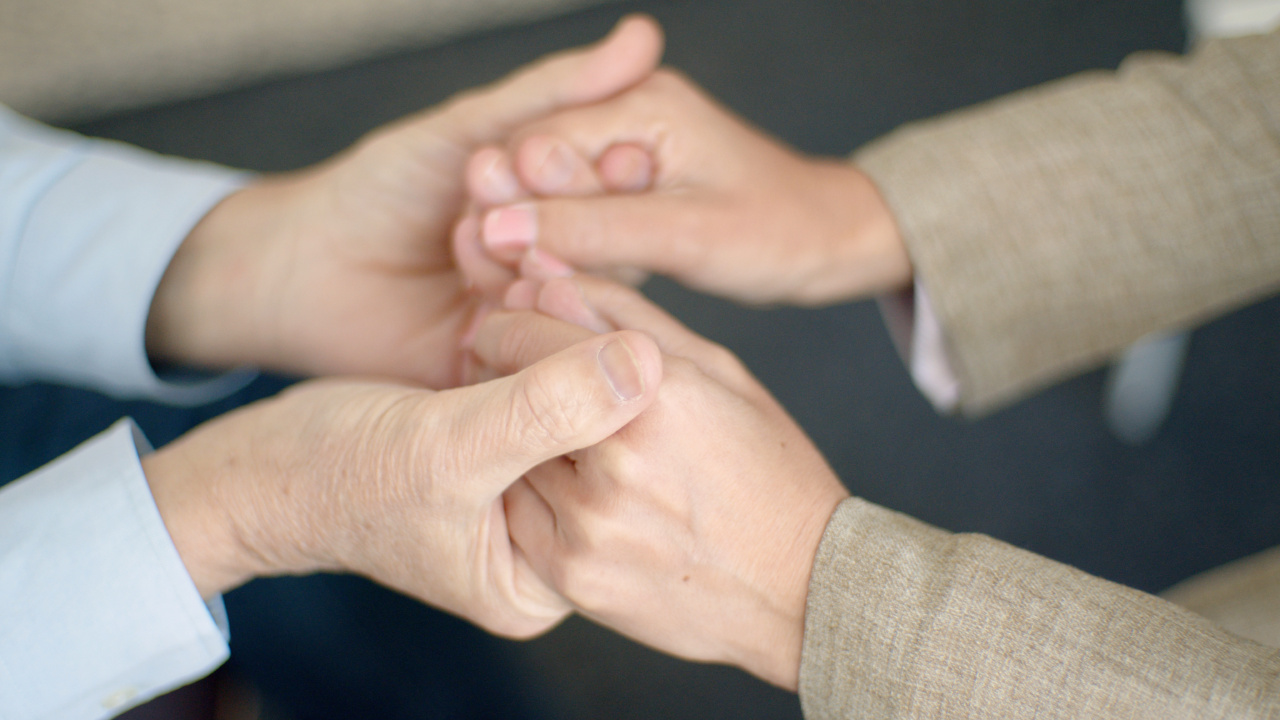When it comes to mental health treatment, humor may not be the first thing that comes to mind. However, laughter and humor can play a significant role in improving mental well-being.
This article explores the benefits of humor in mental health treatment and how it can be incorporated into therapeutic approaches.
The Power of Laughter
Laughter has long been recognized as a natural stress-reliever and mood enhancer. When we laugh, our body releases endorphins, which are known as “feel-good” hormones.
These endorphins can help reduce anxiety, relieve stress, and improve overall emotional well-being.
Enhancing Therapeutic Approaches
In recent years, mental health professionals have started incorporating humor into their therapeutic approaches. Humor can be used as a tool to strengthen the therapeutic relationship and create a safe and positive environment for clients.
Therapists who use humor in their practice report that it helps break down barriers, reduce tension, and create a sense of connection between the therapist and the client.
This, in turn, can facilitate a more open and honest dialogue, making it easier for clients to discuss difficult topics or emotions.
Additionally, humor can help clients develop coping skills and resilience.
When faced with challenging situations, the ability to find humor in those situations can provide a unique perspective and help individuals navigate through adversity more effectively.
The Benefits of Humor
Humor has numerous benefits for mental health:.
1. Stress Reduction
Laughing triggers the release of endorphins, which can lower stress levels and promote relaxation. Incorporating humor into treatment can help clients manage their stress and anxiety more effectively.
2. Improved Mood
Laughter stimulates the production of dopamine, a neurotransmitter associated with pleasure and reward. This can help improve mood and create a sense of happiness and well-being.
3. Enhanced Social Connections
Humor can strengthen social bonds and foster a sense of belonging. Sharing a laugh with others promotes a positive and supportive environment, which is crucial for mental health.
4. Increased Resilience
Humor can help individuals develop resilience and adaptability in the face of challenges. Finding humor in difficult situations allows individuals to reframe their perspective and overcome obstacles with a positive mindset.
5. Improved Cognitive Function
Laughter and humor can enhance cognitive function, including memory, creativity, and problem-solving skills. Engaging in humor can also boost mental flexibility and promote a more optimistic outlook.
Humor in Different Therapeutic Approaches
Humor can be integrated into various therapeutic approaches, including:.
1. Cognitive-Behavioral Therapy (CBT)
In CBT, humor can be used to challenge negative thoughts and beliefs. Therapists can help clients identify irrational or unhelpful thinking patterns and use humor to reframe those beliefs into more realistic and positive perspectives.
2. Acceptance and Commitment Therapy (ACT)
In ACT, humor can be used to help clients practice acceptance and mindfulness. By finding humor in difficult thoughts or emotions, individuals can learn to observe and accept them without judgment, promoting psychological flexibility.
3. Group Therapy
In group therapy settings, humor can foster a sense of camaraderie and unity among participants.
Laughing together can create a supportive and inclusive atmosphere, where individuals feel comfortable sharing their experiences and supporting one another.
4. Art Therapies
Art therapies, such as laughter yoga or laughter therapy, utilize humor and laughter as tools for healing. These approaches combine physical exercises and laughter to promote emotional release, reduce stress, and enhance overall well-being.
Using Humor Responsibly
While humor can be a powerful tool in mental health treatment, it is essential to use it responsibly and with sensitivity. What may be funny to one person may be offensive or triggering to another.
Therapists and mental health professionals must assess their clients’ comfort levels and cultural backgrounds to ensure that humor is used appropriately.
It is also crucial to remember that humor should never be used to dismiss or trivialize a client’s experiences or emotions. Instead, it should be used as a supportive and therapeutic tool to facilitate healing and growth.
Incorporating Humor into Daily Life
Humor isn’t limited to therapy sessions; it can be incorporated into our daily lives to support our mental well-being:.
1. Surround Yourself with Funny Content
Watch comedies, read humorous books, or follow funny social media accounts to fill your daily life with laughter.
2. Share Laughter with Others
Engage in activities that promote laughter, such as game nights with friends, attending comedy shows, or telling jokes with family members.
3. Find Humor in Everyday Situations
Try to find the funny side of everyday situations, even during challenging times. By reframing situations with humor, you can reduce stress and improve your mood.
4. Laugh at Yourself
Don’t take yourself too seriously and learn to laugh at your own mistakes and imperfections. It can help foster self-acceptance and reduce self-criticism.
Conclusion
Humor is a valuable and often overlooked tool in mental health treatment. Incorporating humor into therapy can help reduce stress, improve mood, strengthen social connections, and enhance resilience.
When used responsibly and with sensitivity, humor can be a powerful tool for promoting mental well-being and supporting overall therapy outcomes.






























